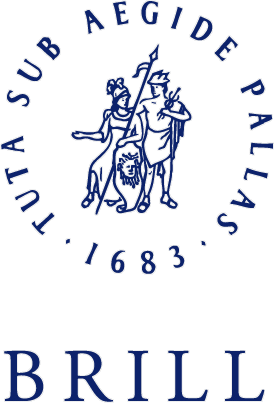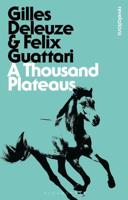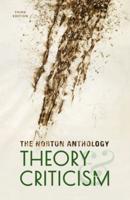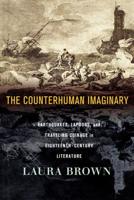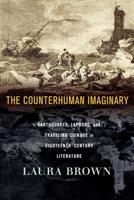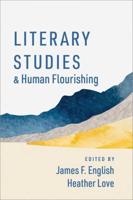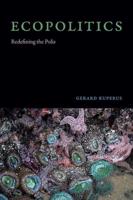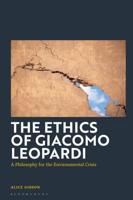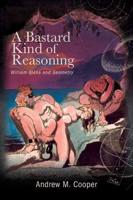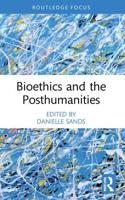Publisher's Synopsis
Karl Popper's philosophy of science, with its focus on falsifiability and critical rationalism, provides a firm foundation for a theory of literary interpretation that avoids the pitfalls of many contemporary theories. Building on the work of Popper, John Eccles, Imre Lakatos, Ernst Gombrich, Louise DeSalvo and James Battersby, this study outlines the approach, sets it in a theoretical context, and applies the theory to challenging works by Anne Finch, Countess of Winchelsea, Jean Toomer, Shakespeare, Henry Fielding, J-M.G. LeClézio, J.M. Coetzee, Jonathan Littell, Patrick Modiano, Albert Schweitzer, Popper's protégé William Warren Bartley III and the Gospel of Mark. The book concludes with a set of general principles for understanding literature as a mode of investigation in what Popper called the unended quest.

